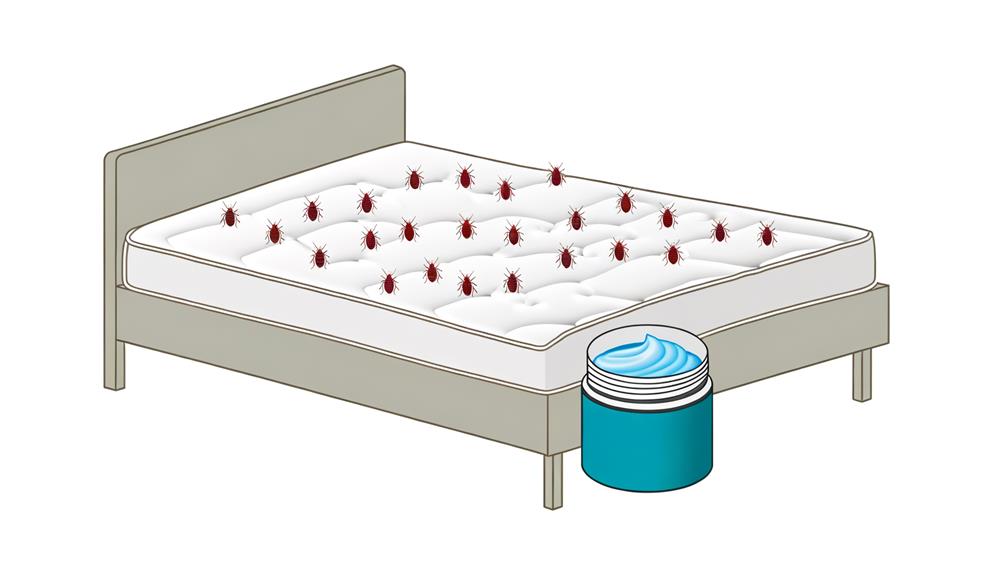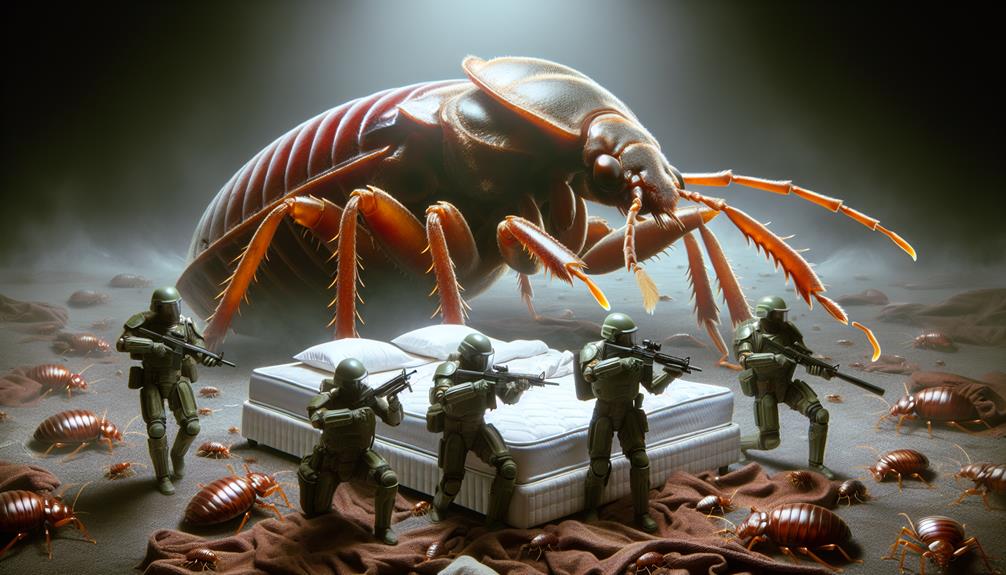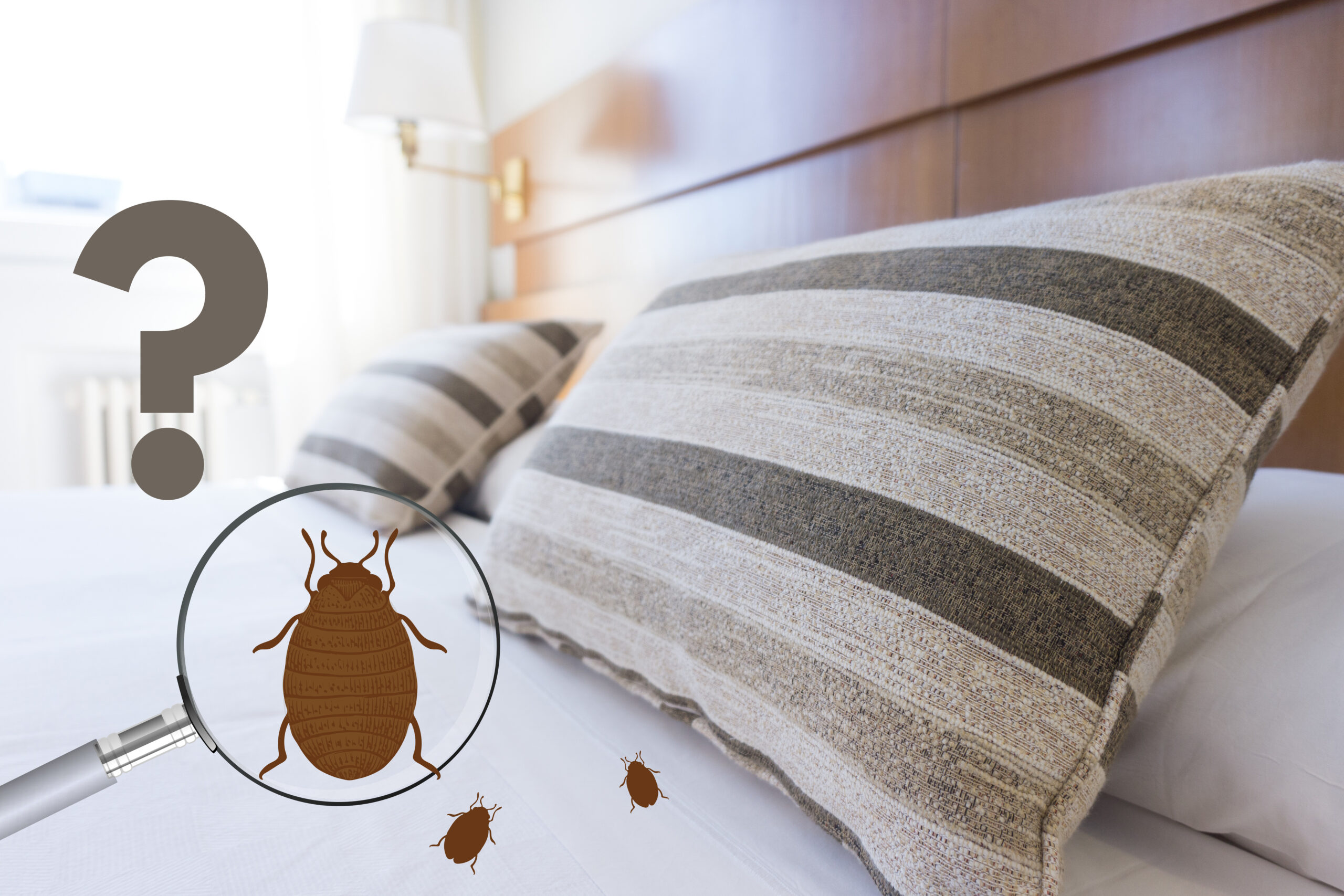Navigating the world of bed bug deterrents can feel like walking through a minefield; you never know what might work. You’ve probably heard whispers in the wind about Vicks VapoRub being a potential knight in shining armour against these pesky invaders. But before you stock up on jars of this mentholated topical ointment, let’s dissect the science behind Vicks and its real effectiveness against bed bugs. Could this common household product be the solution you’ve been searching for, or is it just another folk tale in the vast sea of pest control myths? Let’s peel back the layers together.
Key Takeaways
- Vicks’ menthol content may disorient bed bugs but lacks scientific support as an effective deterrent.
- Relying on Vicks for bed bug control can delay more effective, research-supported measures.
- Ingredients in Vicks, such as menthol and eucalyptus oil, are overstated in repelling bed bugs.
- Professional extermination and preventive practices offer more reliable solutions against bed bug infestations.
Understanding Bed Bugs
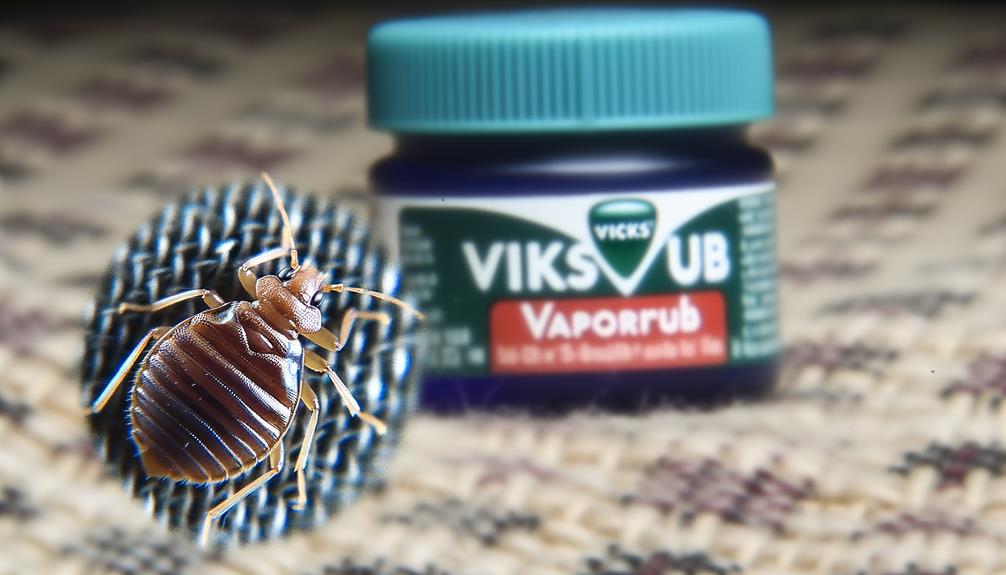
Before we get into the efficacy of Vicks in repelling bed bugs, it’s crucial to understand that these pests are small, elusive insects that feed on human blood, often causing discomfort and sleep disturbances. You’re not alone in your search for solutions; many have turned to home remedies, leading to the proliferation of bed bug myths. It’s essential to distinguish fact from fiction to address an infestation effectively.
Recognizing the signs of an infestation is your first step towards reclaiming your home. Bed bugs leave behind several indicators, including small, reddish-brown faecal spots on mattresses and bedding, an unmistakable sweet, musty odour, and the itchy, red welts on your skin. These signs are your call to action.
Understanding the nature and behaviours of bed bugs is pivotal. They’re experts at hiding, making them difficult to eradicate without a comprehensive approach. Misinformation can lead to ineffective methods, prolonging your discomfort. Let’s proceed with a clear, informed strategy.
The Science Behind Vicks
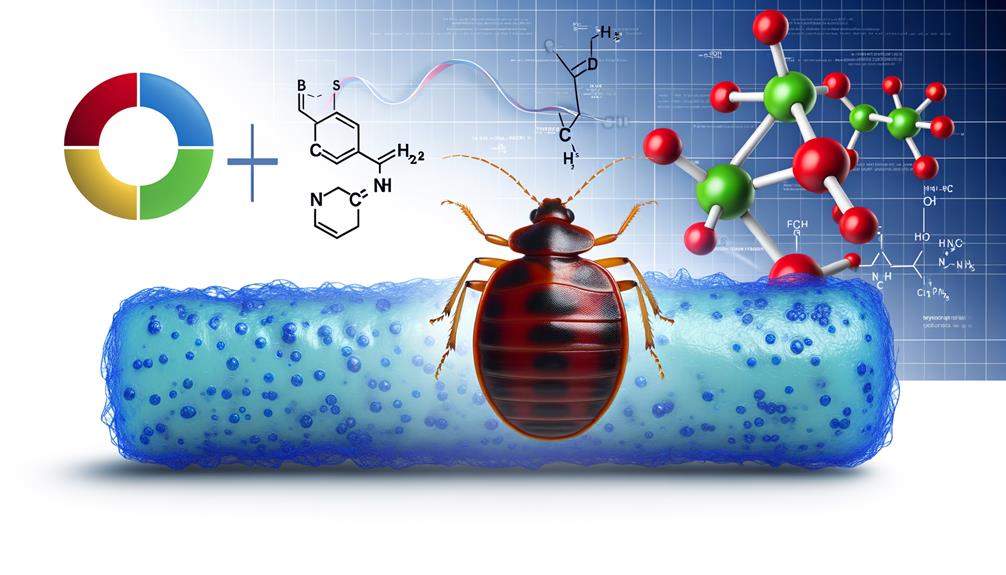
To understand if Vicks can repel bed bugs, it’s essential to examine its active ingredients and their effects on these pests. Central to Vicks’ formula are menthol properties, which are known for their strong, minty aroma and cooling sensation. Menthol, a compound found in peppermint and other mint plants, has been widely studied for its aromatic uses, including its ability to affect the nervous system of some insects.
When you get into the science, menthol works by activating cold-sensitive receptors in the skin and body, producing a cooling effect without an actual change in temperature. This mechanism could potentially disorient or repel insects like bed bugs, which rely on their ability to sense heat to navigate towards their next blood meal. Furthermore, the strong scent of menthol and other aromatic compounds in Vicks could mask the carbon dioxide and body odours that attract bed bugs, disrupting their primary method of locating hosts.
Understanding these effects gives you insight into the potential of Vicks as a repellent. The aromatic uses of menthol, alongside its cooling properties, form a basis for examining how this common ointment might affect bed bug behaviour on a biochemical level.
Real Effectiveness Against Bed Bugs
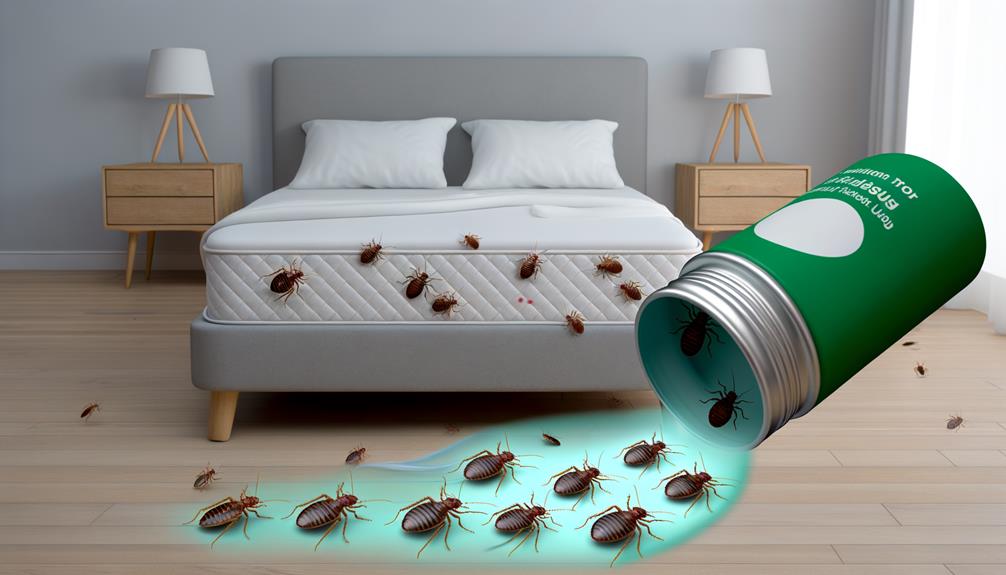
How does Vicks perform when it comes to repelling bed bugs? Despite the widespread belief in its efficacy, the reality is that Vicks VapoRub’s effectiveness against bed bugs is largely overstated, rooted more in bed bug myths than scientific evidence. While Vicks contains menthol, eucalyptus oil, and camphor—ingredients thought to have repellant qualities—there’s minimal scientific data to support the notion that these substances can effectively deter or kill bed bugs.
In analyzing the application methods, it’s important to understand that bed bugs are remarkably resilient creatures that have evolved to withstand various substances. Applying Vicks directly on bedding or skin with the hope of warding off bed bugs isn’t just impractical; it’s also unlikely to yield the desired outcome. The substance’s strong scent might create a temporary barrier, but it doesn’t address the root of the infestation or provide a long-term solution.
Furthermore, relying on such methods may lead to a false sense of security, delaying the implementation of proven, effective control measures. It’s essential to approach bed bug control with strategies supported by research, ensuring that you’re not just treating symptoms but effectively tackling the problem at its source.
Alternative Bed Bug Solutions
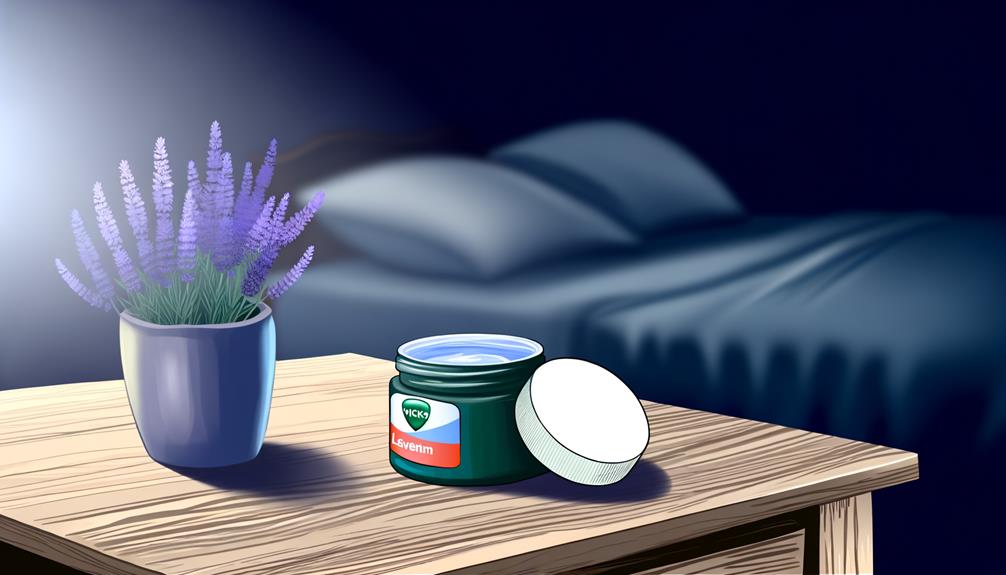
Given the limited efficacy of Vicks in repelling bed bugs, exploring scientifically proven control measures becomes essential for effective eradication. You’re not alone in your quest to find a reliable solution; the collective journey toward a bedbug-free environment is a shared concern. Natural repellents and chemical treatments are effective strategies among the alternatives.
Natural repellents, such as essential oils like tea tree, lavender, and peppermint, have shown promise in repelling bed bugs. These oils disrupt the insects’ neural pathways, making your living space less inviting. However, it’s crucial to understand that while these natural solutions can deter bed bugs, they don’t eliminate them. Their effectiveness lies in their ability to act as a barrier rather than a cure.
On the other hand, chemical treatments offer a more robust solution. Insecticides containing pyrethroids or neonicotinoids target the nervous system of bed bugs, ensuring a higher kill rate. Professional exterminators often employ these chemical treatments, tailoring their approach based on the infestation’s severity and location. It’s essential to approach chemical treatments with caution, adhering to safety guidelines to protect your health and that of your family.
Preventing Future Infestations
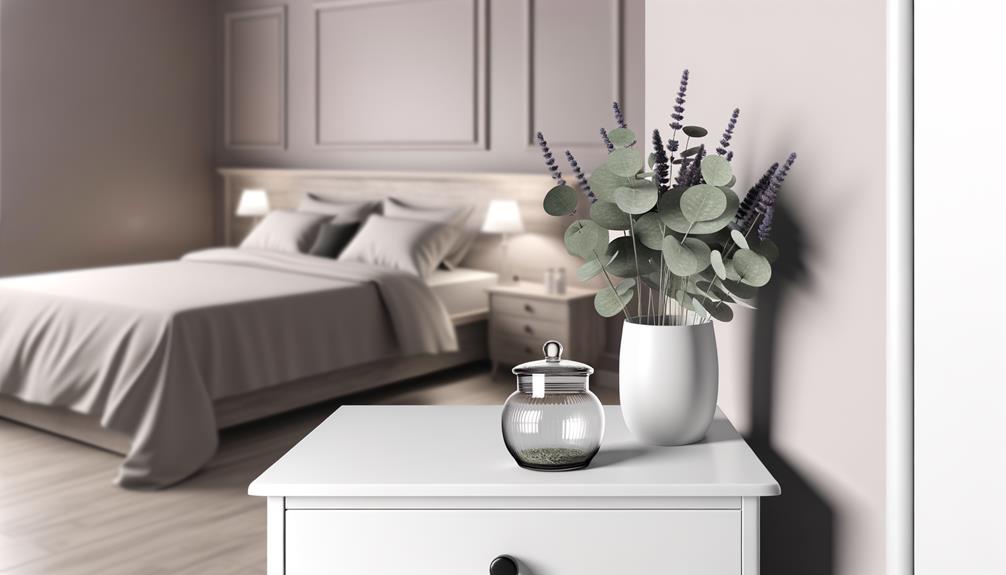
After implementing eradication measures, maintaining vigilance is crucial in preventing future bed bug infestations. Adopting stringent cleaning practices forms the cornerstone of this effort. Regularly vacuuming, particularly around beds and furniture, removes any lingering pests or eggs. Encasing mattresses and pillows in protective covers can also barricade against bed bugs seeking refuge. These methods, when consistently applied, create an inhospitable environment for bed bugs, significantly reducing the likelihood of re-infestation.
Travel precautions further fortify your defence against these unwelcome guests. Inspecting hotel rooms upon arrival, focusing on beds, headboards, and furniture, can preemptively identify potential threats. Keeping luggage on metal racks, away from walls and beds, minimizes the chance of bed bugs hitchhiking back to your home. Upon returning, laundering clothes at high temperatures and thoroughly vacuuming suitcases eradicate any bed bugs that may have made the journey with you.
Incorporating these practices into your routine fosters a sense of community and shared responsibility in the fight against bed bugs. By remaining diligent and informed, you can effectively shield your home from future invasions, ensuring a safe and comfortable environment for yourself and your loved ones.
